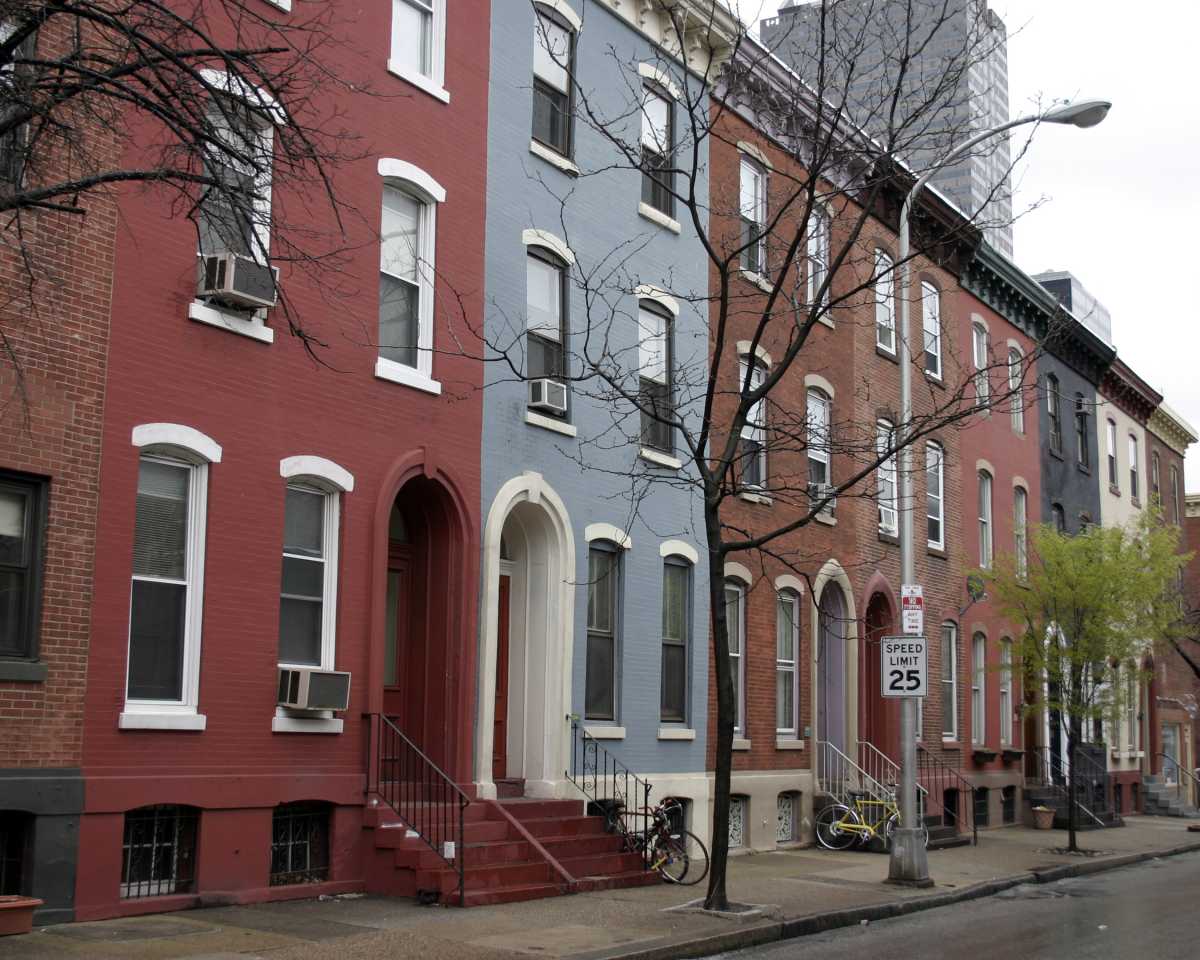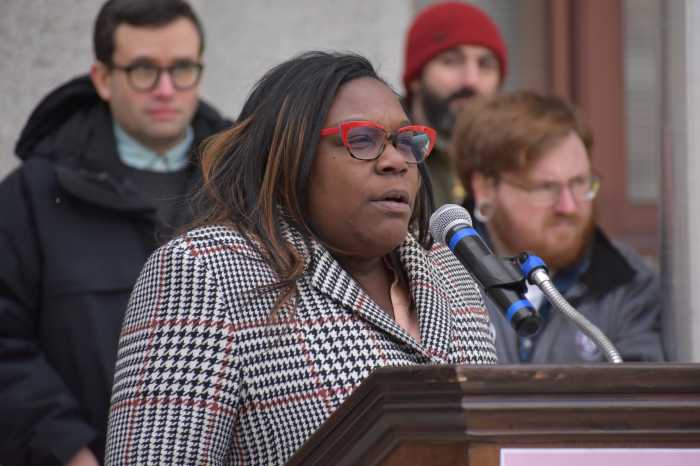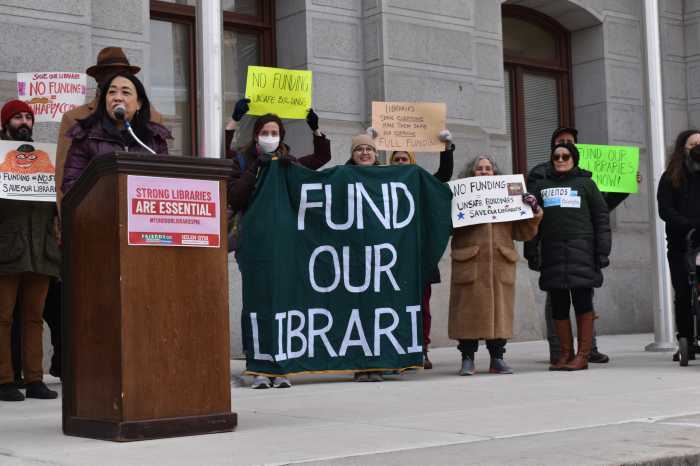Philadelphia homeowners could get hit with a higher property tax bill in the coming year.
Total residential real estate values in the city rose more than 30% over the past few years, according to the municipal assessment office, which recently reappraised more than half a million properties for tax purposes.
Mayor Jim Kenney’s administration wants to dedicate the extra revenue heading to the city’s coffers — estimated at $460 million over five years — to pay for a substantial increase in the homestead exemption and a cut to the wage tax that would bring the rate to a 45-year low.
The reassessment and resulting tax revenue is likely to become a key issue for City Council, which is currently debating Kenney’s $5.6 billion budget plan and would have to approve the tax breaks.
Values for all properties, including vacant lands, city-owned buildings and commercial entities, rose 21% since the last assessment, which occurred in 2019. For single-family homes and smaller apartment buildings, the increase was 31%, officials said.
Philadelphians will be able to view their updated assessment for the 2023 tax year on Monday, when the values are uploaded online. Residents can search their address at property.phila.gov.
Notices will be mailed out no later than Sept. 1, said James Aros Jr., the city’s chief assessment officer, and property owners have until Oct. 3 to file an appeal with the Board of Revision of Taxes.
Homeowners can also request a “first level review” to have the Office of Property Assessment (OPA) reconsider their appraisal.
OPA did not reassess properties during the last two tax years due to the COVID-19 pandemic and a transition to a new computer-assisted assessment software, Kenney administration representatives said.
Without any tax breaks or incentives, an additional $92 million would flow into the city’s general fund for the next fiscal year based on the revised valuations.
Instead of spending that money, Kenney’s office has proposed easing the tax burden.
Part of the plan is increasing the homestead exemption from $45,000 to $65,000. The popular program, which is open to all owner-occupied residences, lowers the taxable value of a house.
For the more than 225,000 Philadelphians already enrolled in the exemption, the increased amount would apply automatically, saving them $900 a year, said city Finance Director Rob Dubow.
In addition, the mayor’s proposal calls for a wage tax cut, lowering the rate for residents from just under 3.84% to 3.7% over two years. For those who work in Philadelphia but live elsewhere, the tax would be rounded down to 3.44%, from 3.4481%.
Kenney’s office said his plan would implement the city’s lowest wage tax rates since 1976.
The proposal would continue his administration’s long-term goal of decreasing the city’s reliance on the wage tax, which is seen as a more volatile revenue source, subject to economic downturns and, in particular, work-from-home trends.
Business groups have also argued that the tax inhibits economic growth.
“I think we’ve seen over the last 30 years or so that trying to get away from the wage tax and put more of the tax burden on the property tax has really been the recommendation of experts far and wide,” Jim Engler, Kenney’s chief of staff, said Wednesday.
Progressive activists and some elected leaders in recent years have pushed back against tax breaks, particularly reductions in the commuter wage tax. And City Council members have criticized reassessments as back-door tax hikes.
Six Council members, including the chamber’s president, Darrell Clarke, released a statement Wednesday saying they “intend to examine every option at our disposal to protect Philadelphia homeowners.”
Lawmakers will question OPA leaders during a budget hearing on Monday.
Kenney’s tax incentive plan also calls for $30 million to be set aside for the Longtime Owner Occupants Program, which is currently capped at $25 million.
Known as LOOP, the program locks in assessments for residents who have lived in their homes for at least a decade and have experienced a 50% increase in their evaluation. Applicants must also meet income requirements.































